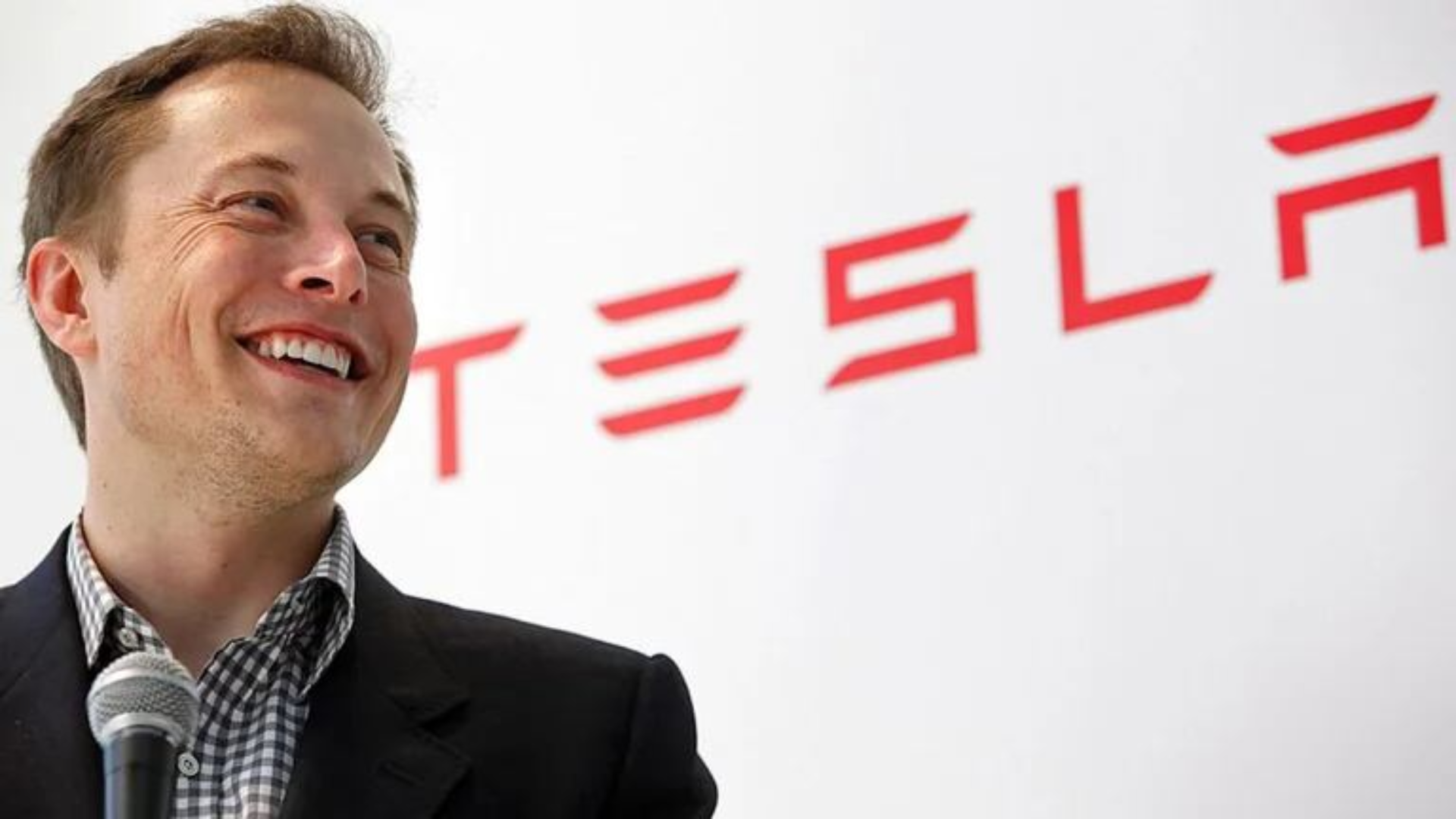In his post on X, Musk simply stated, “Tesla Robotaxi unveil on 8/8.” This announcement aligns with Musk’s previous expressions of enthusiasm for self-driving vehicles, emphasizing their significance as one of Tesla’s key products.
Elon Musk has previously indicated that Tesla aims to produce a car without human controls. He also highlighted Tesla cars’ full self-driving capability through software updates, suggesting that they will progressively improve in their driving abilities. Musk has envisioned a future where these cars could operate as fully autonomous taxis, generating income for their owners by providing autonomous taxi rides.
Tesla Robotaxi unveil on 8/8
— Elon Musk (@elonmusk) April 5, 2024
Tesla has already surpassed several of Musk’s previous predictions regarding the timeline for achieving actual self-driving capabilities. Back in April 2019, Tesla had anticipated the launch of robotaxis by 2020, with the prediction that these autonomous cars could last 11 years and cover 1 million miles, resulting in an annual profit of USD 30,000 for both the company and car operators.
Acknowledging that his predictions can sometimes be off, Musk stated during an event in April 2019, “The only criticism and it’s a fair one, sometimes I’m not on time. But I get it done and the Tesla team gets it done,” according to a report by CNN.
Presently, customers have the option to purchase full self-driving capability with a new Tesla Model 3 for an additional USD 12,000 on top of the car’s base price of roughly USD 40,000. Alternatively, this capability can be subscribed to for up to USD 199 per month, depending on the car’s original equipment.
Tesla’s online description of the currently enabled features includes a disclaimer in small gray type, stating, “The currently enabled features require active driver supervision and do not make the vehicle autonomous,” indicating that the vehicle is not yet fully capable of self-driving without human intervention.
Musk has emphasized that the autonomous driving system will significantly increase the value of Tesla cars in the future. During the company’s third-quarter call in 2023, he mentioned, “You can think of every car we sell or produce that has full autonomy capability as something that in the future may be worth five times what it is today.”
Experts who have tested the system have reported that, as of now, the system is still far from being able to drive independently without human control. Kelly Funkhouser, associate director of vehicle technology for Consumer Reports, recently tested the system and noted that while she is less concerned about its safety compared to ordinary Tesla Autopilot, which offers more limited driving assistance, there is still room for improvement.
Funkhouser stated, “You’re not likely to tune out and become complacent or over-reliant on it,” adding, “In fact, I would say you’re potentially more alert.”
Several companies, including Google’s parent company Alphabet’s subsidiary and GM subsidiary Cruise, are also working on autonomous ride-sharing services. Cruise recently halted testing operations after one of its self-driving cars struck and dragged a pedestrian. An internal review revealed that Cruise representatives had not fully disclosed details to regulators about the incident, leading to a US Department of Justice investigation.
In another incident, Waymo recalled its cars after two of its vehicles collided with the same tow truck within minutes of each other.
On a different note, a report in the Financial Times on April 3 revealed that Tesla Motors plans to send a team to scout locations in India this month for a proposed USD 2-3 billion electric car plant. This development follows India’s decision to lower tariffs on higher-priced imported EVs last month, provided that companies commit to manufacturing them in the country within three years.
These recent developments highlight the ongoing advancements and challenges in the realm of autonomous vehicles, with Tesla’s ‘robotaxi’ unveiling and potential expansion into the Indian market adding significant momentum to the industry.


















